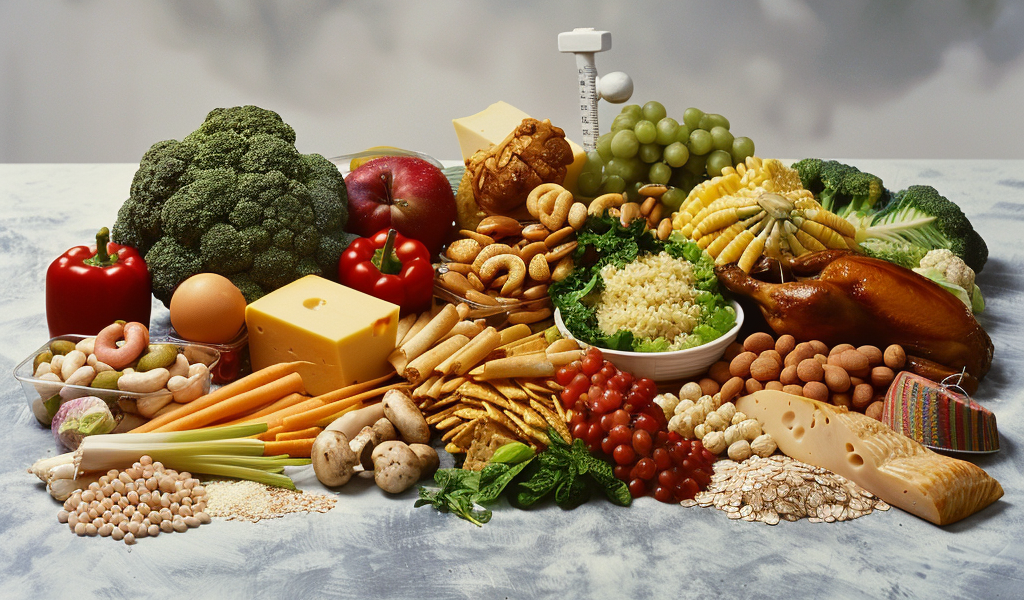Recent research has unveiled surprising insights into the impact of ultra-processed foods on muscle growth. Contrary to common assumptions that the consumption of these foods primarily leads to weight gain without significant muscle benefits, the study indicates that even modest intake levels can contribute to muscle development.
Ultra-processed foods, which are typically high in sugars, unhealthy fats, and additives, have been a topic of concern among health experts for their association with various health issues, including obesity and heart disease. However, this new study suggests a more complex relationship between these foods and muscle physiology.
The research, conducted by a team of scientists, involved a comprehensive analysis of dietary patterns and their effects on muscle mass among participants. The findings revealed that individuals consuming ultra-processed foods, even in limited quantities, exhibited an increase in muscle mass compared to those who did not include these foods in their diets.
One of the key factors identified in the study is the high caloric density of ultra-processed foods. These foods often contain a significant amount of calories packed into small portions, which can lead to increased energy intake. This energy surplus, even in the absence of rigorous exercise, may stimulate muscle growth as the body adapts to the increased caloric intake.
Moreover, the study highlighted the role of specific nutrients found in ultra-processed foods, such as protein and certain fats, which are essential for muscle repair and growth. The combination of high energy availability and the presence of muscle-building nutrients may explain why participants consuming these foods showed improved muscle mass.
However, researchers caution against the indiscriminate consumption of ultra-processed foods. While the study presents intriguing findings regarding muscle growth, the long-term health implications of a diet high in these foods remain a significant concern. The potential for increased risk of chronic diseases, such as diabetes and cardiovascular issues, cannot be overlooked.
The researchers recommend a balanced approach to diet that incorporates whole foods alongside moderate consumption of ultra-processed options. Emphasizing nutrient-dense foods such as fruits, vegetables, whole grains, and lean proteins while limiting ultra-processed food intake may provide a sustainable pathway to achieving both health and fitness goals.
As the conversation around nutrition continues to evolve, this study adds a valuable perspective on the complexities of dietary choices and their effects on muscle health. It opens the door for further research into the nuanced relationship between diet, muscle growth, and overall well-being.
In summary, while ultra-processed foods may play a role in muscle development, it’s essential to approach dietary habits with a comprehensive understanding of the broader health implications. This research serves as a reminder that nutrition is not a one-size-fits-all scenario, and individual dietary needs may vary significantly.





